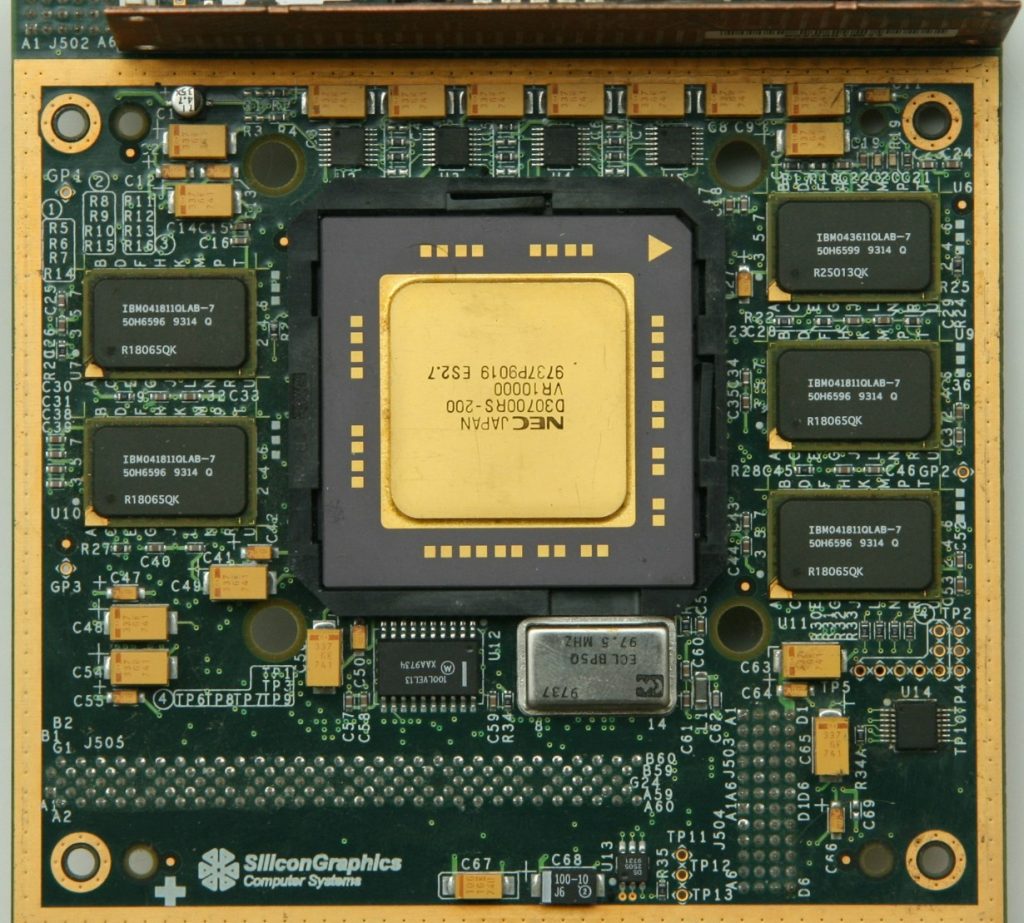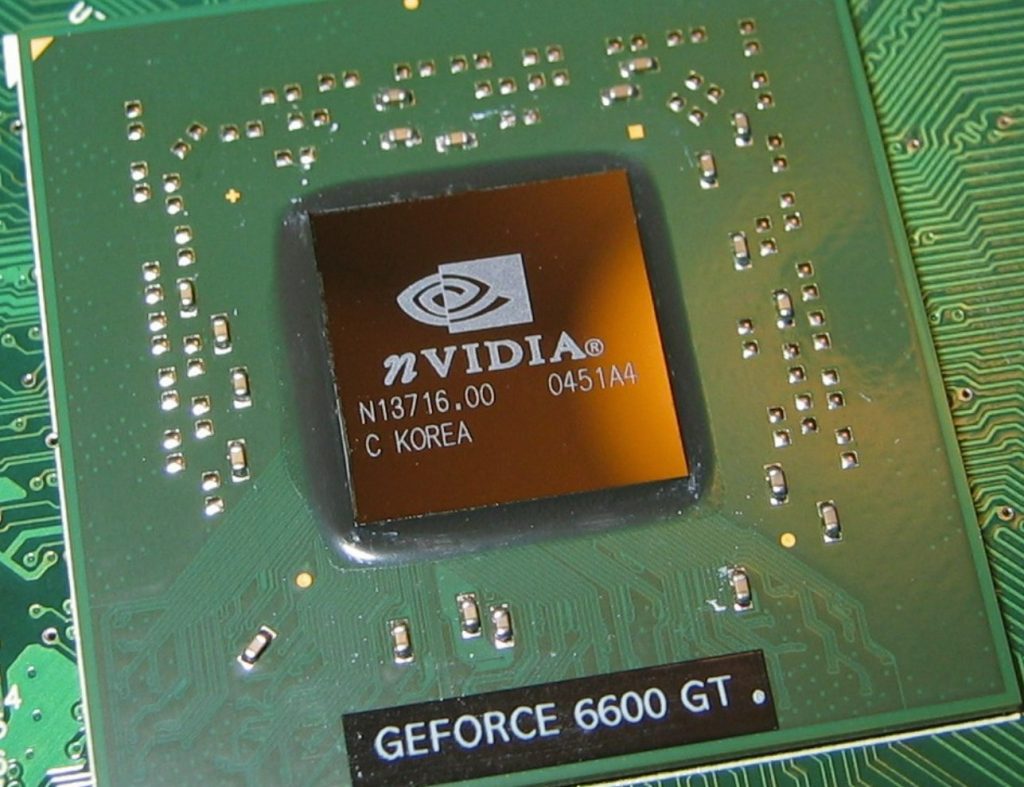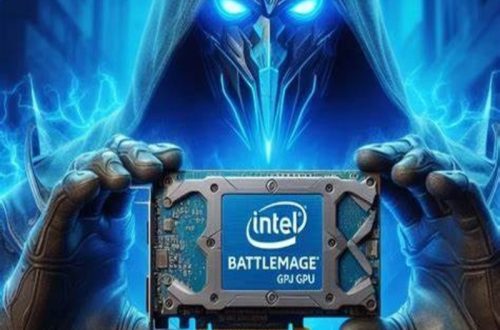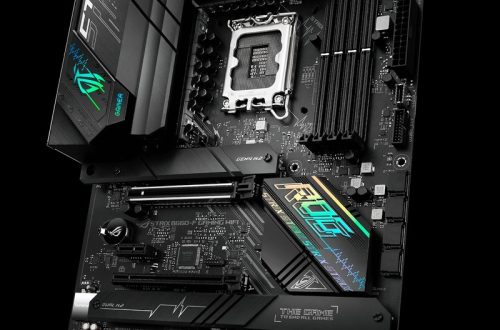The NVIDIA GeForce RTX 4070 Ti is a powerhouse GPU capable of delivering stunning visuals and smooth gameplay at high resolutions. However, to unleash its full potential, you need a CPU that can keep up. This guide will delve into the world of CPUs for the 4070 Ti, exploring key factors to consider, recommended options, and ensuring compatibility for a seamless gaming experience.
Part 1: Understanding the CPU-GPU Bottleneck

1. The Importance of CPU-GPU Balance:
While the GPU handles graphics processing, the CPU acts as the brain of the system, feeding instructions to the GPU and managing other tasks. A CPU bottleneck occurs when the CPU’s processing power limits the performance of the GPU. In simpler terms, the CPU can’t send data fast enough for the GPU to utilize its full potential, resulting in performance loss.
2. Matching CPU and GPU Performance:
To prevent potential bottlenecks in your system, it is essential to select a CPU that can effectively complement the capabilities of the 4070 Ti graphics card. The ideal CPU for this scenario should possess an adequate number of cores and threads to manage background tasks efficiently. This ensures that the CPU can smoothly handle system operations, background processes, and multi-threaded applications while facilitating a seamless data flow to the GPU. A well-balanced CPU with the necessary processing power not only supports the demands of modern gaming but also optimizes the utilization of the 4070 Ti’s graphics processing capabilities. By prioritizing a CPU with ample cores and threads, you can ensure that your system maintains an optimal balance between CPU and GPU performance, ultimately leading to enhanced gaming experiences with minimal bottlenecks and consistent frame rates across a variety of games and applications.

Part 2: Factors to Consider When Choosing a CPU for the 4070 Ti
1. Core Count and Thread Count:
In the evolving landscape of gaming, the trend is moving toward increasingly multi-threaded game engines, leveraging the capabilities of multiple CPU cores simultaneously. For optimal performance and to fully harness the potential of the 4070 Ti, it is advisable to select a CPU with a minimum of 6 cores and 12 threads. This configuration allows for efficient multi-threaded processing, ensuring a smoother gaming experience with the ability to handle modern gaming workloads effectively.
To further future-proof your system and to enhance performance in demanding games, prioritizing a CPU with 8 cores and 16 threads, or more, is recommended. This offers improved multi-threaded performance, increased parallel processing capabilities, and better management of background tasks and system operations. By investing in a CPU with higher core and thread counts, gamers can expect to enjoy smoother gameplay experiences with enhanced frame rates, reduced latency, and improved system responsiveness in resource-intensive gaming environments, effectively catering to present and future gaming demands.

2. CPU Clock Speed and Performance:
The CPU’s clock speed is a critical factor that directly influences its processing capabilities. When selecting a CPU for gaming, it is important to aim for a processor with a base clock speed of at least 3.5 GHz, complemented by a decent boost clock speed. Higher clock speeds generally contribute to smoother overall performance, particularly in CPU-intensive tasks that are instrumental in enhancing the gaming experience. A CPU with higher clock speeds can efficiently handle demanding tasks such as physics simulations, AI processing, and background system operations while ensuring that the gaming experience remains seamless and responsive. By prioritizing a CPU with higher clock speeds, gamers can benefit from improved frame rates, reduced latency, and enhanced system responsiveness, ultimately leading to a more enjoyable and immersive gaming experience with minimal performance bottlenecks.
Part 3: Top CPU Contenders for the NVIDIA 4070 Ti
1. AMD Ryzen 7 7800X3D:
This particular CPU features a distinctive design that incorporates a significant amount of L3 cache, ultimately contributing to exceptional gaming performance. With its 8 cores and 16 threads, this CPU offers substantial processing power ideally suited for modern games, ensuring smooth and responsive gameplay. The ample cache size plays a crucial role in reducing potential bottlenecks, especially when paired with a high-performance graphics card such as the 4070 Ti. This combination of processing cores, threads, and cache capacity creates an optimal environment for gaming, enabling faster data access and processing and minimizing potential performance limitations. As a result, the CPU’s design maximizes its ability to handle the demands of resource-intensive games, providing a seamless gaming experience with higher frame rates, improved responsiveness, and enhanced overall gameplay quality.

2. Intel Core i5-13600K:
The 13th Gen Intel Core i5 processors represent a compelling choice for users seeking a combination of strong core counts and impressive clock speeds at competitive price points. One example, the i5-13600K, is particularly noteworthy. With 6 robust performance cores equipped with hyperthreading capabilities (providing a total of 12 threads) and impressive boost speeds, this processor stands as a fantastic option for gamers who prioritize achieving consistently high frame rates across various games and applications. The increased core count and hyperthreading enable the CPU to efficiently handle multi-threaded tasks and demanding workloads, enhancing overall system responsiveness and enabling smooth and seamless gaming experiences. With a focus on both core count and clock speeds, the i5-13600K delivers a strong balance of performance and affordability, making it an appealing choice for gamers looking to build high-performing systems without breaking the bank.
Part 4: Ensuring Compatibility and Additional Considerations
1. Motherboard Compatibility:
When considering the purchase of a new CPU, it is crucial to verify its compatibility with your existing motherboard’s socket type. Given that the 4070 Ti is a newer graphics card, the likelihood is that it would be paired with a modern motherboard. To ensure compatibility, check for support with the latest motherboard socket types such as AMD AM5 for AMD processors or Intel LGA 1700 for Intel processors. If your chosen CPU isn’t supported by your current motherboard, it may be necessary to upgrade to a newer motherboard that is compatible with the selected CPU. This ensures that the CPU fits securely into the motherboard’s socket and that the necessary electrical connections and features are fully supported, allowing for optimal performance and stability.

2. Power Supply Requirements:
Both the CPU and the 4070 Ti have power consumption requirements. Ensure your power supply unit (PSU) has enough wattage to handle both components efficiently. Aim for a high-quality PSU with at least 750 watts of power for a system with the 4070 Ti.
Choosing the best CPU for your NVIDIA 4070 Ti requires careful consideration of core count, clock speed, compatibility, and your budget. By understanding the importance of CPU-GPU balance and the key factors to consider, you can select a CPU that unlocks the full potential of your powerful graphics card and delivers a smooth, high-performance gaming experience. Remember to research specific CPU models and their compatibility with your motherboard and existing components before making a purchase.


